Statement of SETDA Executive Director Douglas Levin Regarding the Obama Administration ESEA Reauthorization Proposal to Congress
Statement of SETDA Executive Director Douglas Levin on the Introduction of the e-‐Rate 2.0 Act (HR 4619)
We applaud Representatives Markey, Capps, and Matsui for their introduction of the e-Rate 2.0 Act in support of bolstering federal support of broadband for educational purposes. Since schools and libraries first began to receive telecommunications discounts in 1998, the e-Rate has been instrumental in increasing educational opportunities for all students, especially those from low-income and underserved communities. The move by Congress to reassess the program and strengthen it is most welcome. We look forward to the dialogue.
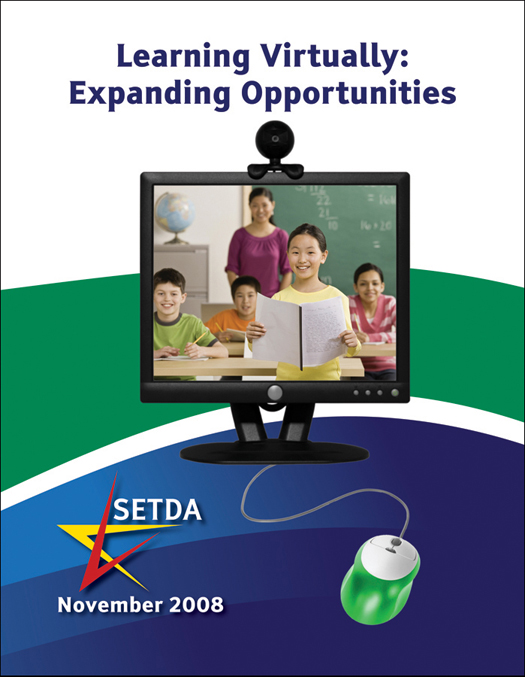
Learning Virtually: Expanding Opportunities
The paper highlights the opportunities offered through virtual learning to provide each student the promise of access to age- and ability appropriate curriculum, rich and extensive resources and accurate and up-to-date assessments regardless of location, economic situation or time. When effectively used, virtual learning allows for student centered, self-directed, self-paced learning that greatly enhances the curriculum offerings schools provide.
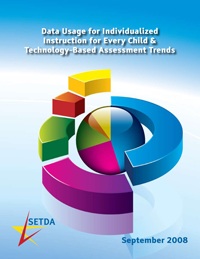
Technology-Based Assessments Improve Teaching and Learning
This paper focuses on the use of technology-based assessment systems to provide classroom teachers with innovative approaches for improving instruction for all students. Additionally, the report calls on states to redefine its role as “Data Compliance Officers” to “Data Leaders” – supporting the use of relevant, timely data at the school and district levels to improve instruction and teacher quality and drive school reform efforts.
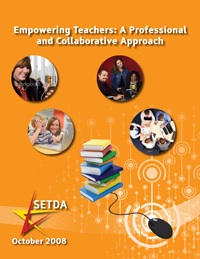
Empowering Teachers: A Professional and Collaborative Approach
Research shows that professional development changes practice when it is consistent, relevant and sustainable. This paper examines approaches such as technology coaches, curriculum cadres, and collaborative school reform teams that have proven to effectively change teacher behavior and increasing student achievement.
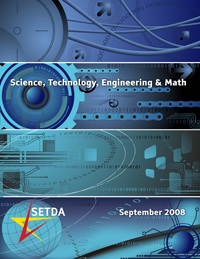
Science, Technology, Engineering, and Mathematics
This report addresses the need to provide all children with an education that includes a solid foundation of rigorous science, technology, engineering, and mathematics (STEM) instruction. The need is evident, yet the barriers are vast – recruiting and retaining highly qualified teachers with STEM backgrounds; school policies around credits and curriculum; student, teacher, and parent attitudes; time constraints; and lack of funding and/or leadership to infuse STEM approaches into the current system.
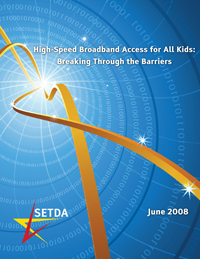
High-Speed Broadband Access for All Kids: Breaking through the Barriers
This paper tackles the issues facing full implementation of broadband into schools. Such issues include technical implementation, access for all, and leveraging the resources available with effective professional development, media and Internet safety training, as well as building the capacity of leaders to proper budgeting and plan for long term success.

Class of 2020 – Action Plan for Education
SETDA’s Class of 2020: Action Plan for Education Project includes the development of the five publications listed below designed to create a succinct message addressing technology’s transformative role in education in the hopes of informing future education and workforce development policy at the state and federal levels.
